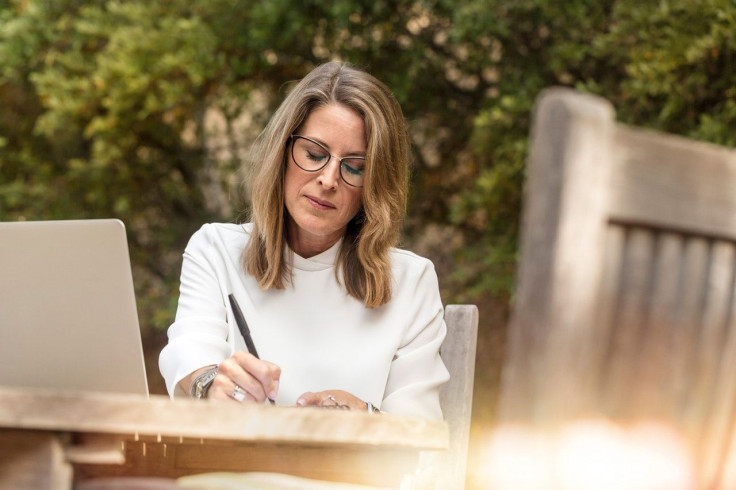Body Deteriorates, Shows Signs Of Wear And Tear In 40s: Survey

People tend to notice some changes in their bodies as early as their 20s or 30s, but perhaps it is in their forties that people really start to notice the effects of aging.
In a poll of 2,000 adult respondents, almost eight in 10 respondents reported noticing marks of deterioration and wear and tear between the ages of 37 and 40. By then, nearly half were already struggling to kneel down, one in five were already having difficulties getting up the stairs, and seven in 10 reported having to make sounds when getting up from the sofa.
The respondents also reported experiencing their knees starting to creak by age 47, their hearing deteriorating at age 49, and their backs “going” as early as age 44. Joints also begin to ache by age 49 on average, with about three-quarters of respondents saying they experience a form of joint pain every day.
All in all, nine in 10 respondents reported feeling that parts of their bodies are no longer as strong, with nearly half saying they wished they had taken better care of their bodies when they were younger.
Of the body parts, the knees and overall joints emerged as the top body parts people wanted to restore. Unfortunately, four in 10 respondents believed that a body part can no longer be restored once it lost its strength and over half would not even go to a specialist even if they are already feeling pain and experiencing anxiety that the pain might get worse.
However, it is still not too late for people in their forties to turn the tide around. According to experts, because the human body is very adaptable, people can still train their bodies to be stronger and even stand pressures it previously could not take.
The important thing is to begin by getting help from a professional who can help identify what the body needs to improve on, then working on it slowly with respect to the body’s needs. Furthermore, healthier habits such as incorporating a bit of exercise to daily routines, eating healthier and avoiding vices such as smoking could also help slow the aging process.
For those worried about bone and joint health, the National Academy of Science, Engineering, and Medicine also recommends taking at least 1,000mg of calcium daily for adults, whether from supplements or from natural sources such as dairy products, broccoli, tofu and salmon.
While there is no way to stop bodies from aging, there are ways people can still keep or even restore their strengths and maintain good health at any age.
© Copyright IBTimes 2024. All rights reserved.






















